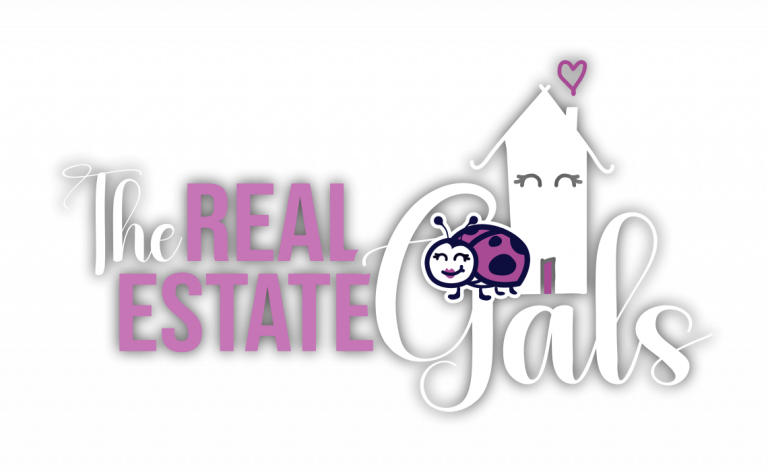After talking to two lawyers and not getting the answers and advice she needed, Niki was getting frustrated because she was holding a mortgage on a house that she wasn’t living in. As often happens in divorce, one party is dragging their heels and one is anxious to go. In this case, her ex’s heels were dragging…for three and a half years. Their initial agreement was that her ex-spouse would buy her out of the house. But after all this time, nothing had happened.
How did you meet Niki?
I was introduced to Niki through her mortgage lender. She happened to have a relationship with the same lender that I frequently work with, and when discussing her situation with him, he recommended that she speak with me. He knew that I specialized in couples going through divorce and introduced us via email.
How did you approach your first conversation?
Empathetically to start. I emailed her back letting her know I was sorry that she was going through a divorce, shared my credentials and suggested we have a conversation. We connected via Zoom, partly because of the pandemic but also because it is imperative for me to remain neutral. In the event both parties desire to use me for the sale of the home, it’s important that I appear to both as unbiased, fair and neutral. I did not want to meet in person to help maintain this neutrality. I was there to simply gather the facts.
These facts included things like where they were in the divorce process, how many years they were married, who’s on the deed, who are the family law lawyers involved, etc. Once I had the facts, I was then able to make recommendations for her on the next steps to take to get things moving along for the both of them. During this conversation, I remained neutral and generic, phrasing recommendations for both parties, like “this is where you both need to…”.
“My first zoom conversation with Maggie was more informative than both lawyers I had tried, and any other person I had spoken to that works in Real Estate!” ~ Niki
What happened next?
I didn’t hear from Niki for several months. Then one day I got a very emotional call from her, telling me there was a For Sale sign on the lawn of her house. I had to ask some exploratory and uncomfortable questions, such as if this was something that she was unaware of, if there was a power of attorney in place, and if there were capacity issues. Awkward questions but ones that are very important to ask. I always preface these questions by saying that while they are difficult, it’s important that I’m dealing with all the facts.
I was then able to offer her recommendations on how to handle this situation and have the sign removed from the lawn since, at this point, the matrimonial home was unlawfully listed.
When it finally came time to list the home, her former spouse did not want to work with the same agent as her, which often happens when the two parties are in conflict. She elected to work with me, so I was then able to fully engage her as my client. This means I’m no longer working for them (i.e. being neutral) and can focus on helping her get through the process.
What is your approach to working with the other party’s Realtor® in a divorce sale, particularly if they are not trained in divorce real estate?
Working with another agent who is not trained in divorce real estate can be a challenge. Traditionally I am court appointed and handle the sale on my own. In such a case, it is not obvious that it’s a divorce situation. When two agents are on the listing it can be more challenging to mask the motivation for the sale.
In this situation, Niki’s ex-spouse chose to co-list the house with another agent. I’ve been fortunate to work with excellent local agents when co-listing, however communication is crucial. Whatever the other agent says to their client, they must communicate that back to me, and I relay it to my client and vice versa. We are essentially acting like mediators and making sure everybody is on the same page and understanding next steps.
Beyond communication, it’s critical to fully understand the process of divorce and selling the matrimonial home. In the case of divorce, I confidently take the lead and give correct guidance and directions.
If the other agent doesn’t understand the process fully or makes an error, I can quickly navigate a correction. It’s not impossible to work with another agent, it is simply not preferred as it is much easier to communicate with both parties directly to ensure all involved are in agreement, and to keep the motivation of the sale more discreet.
What were some of the big issues you had to deal with in this situation that were unique to a divorce sale?
Because the house was listed unlawfully in the first place, I had to direct my client on how to have it removed from the market and then advise the other agent how to move forward in the best interest of both our clients. That was a challenge in and of itself as the other agent assumed the other party (Niki) was onboard without realizing the ‘war’ that was going on behind the scenes.
Further, the ex-spouse had changed the locks to the house such that my client (who is still the homeowner) wasn’t able to get in. While the home was listed, the ex-spouse went out of town. There were lightbulbs that needed replacing and answers regarding wiring and mechanicals that Niki needed receipts for in order to answer the questions, but the locks had been changed again. While this is considered an unlawful act (she is still an owner of the house) it is quite common in these situations.
Dealing with an agent that may not fully understand the divorce process, the legal rights of both clients and how to best serve their client in this situation is also a challenge. They do not always know what they should be advising their client. In this situation, the agent assumed both (family law) lawyers would work together to close the real estate transaction. However, I pointed out that there was no separation agreement in place.
Without a separation agreement, a neutral real estate lawyer needs to be involved, separate from the two family-law attorneys representing each client. This independent real estate lawyer is necessary to hold the proceeds from the sale in a trust account until they are lawfully instructed by both lawyers to release the funds according to the separation agreement. This is the business side of divorce.
What were the main lessons learned from this sale?
The bottom line is a divorce sale is not a ‘regular’ real estate transaction. Both parties are very stressed, legal bills are piling up and there may even be a lawsuit going on. They don’t trust anyone, so trust has to be earned. What I know without a doubt is that any couple going through divorce needs to be heard.
It is imperative that I remain calm and confident. I listen, I ask questions, I stay on point. I’m empathetic to their situation and understand it at a very high level. In the end, I showed Niki that she made the right choice by having complete control of the situation for her, and I earned her trust by skillfully handling the sale.
Every time I handle a divorce sale, I realize more and more the need out there for agents to specialize in this area of real estate. As it stands, I am currently the only Certified Divorce Real Estate Expert® in Canada.
Finally, with each divorce sale I also recognize how passionate I am about helping couples move on in their journey.
“The care she took handling the details with my situation, empathy (a rare trait these days), and respect for me is above and beyond what I expect!” ~ Niki

